One hundred years ago, my father wrote, Chinese pirates in the South China Sea had attacked them. They had to winter in Hong Kong. The South China Sea! Where you are now, your ancestors have been before! To my father, who has worked painstakingly to recover the storyline of his East German laboring ancestors, this news held an immense significance. His own work in Asia had been a return.
If we track back and out far enough in any of our lives, our stories dispel the illusion of fixed boundaries, fixed national origins. We all create in some ways what Australian aborigines call "song lines", a musical cartography of the land. By singing the story as they traverse the land, they bring it into being. By my father's letter, I traveled with a new sense of the a kind of mixed up, mestizo history. We are always leaving, always coming home.
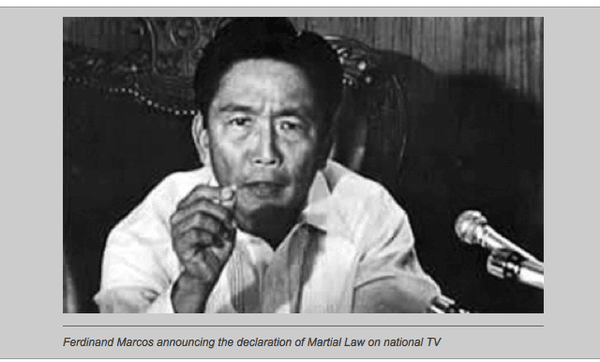
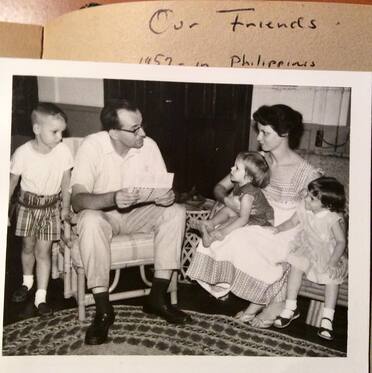
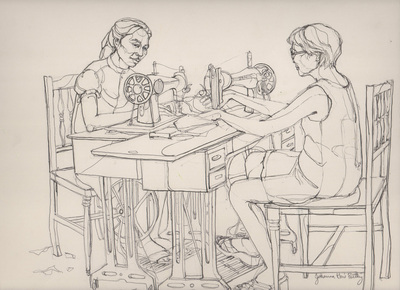
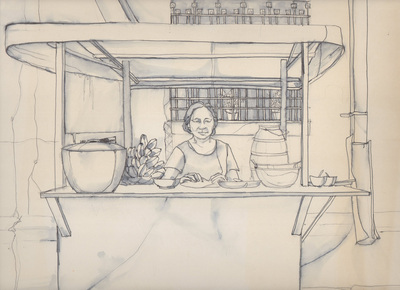
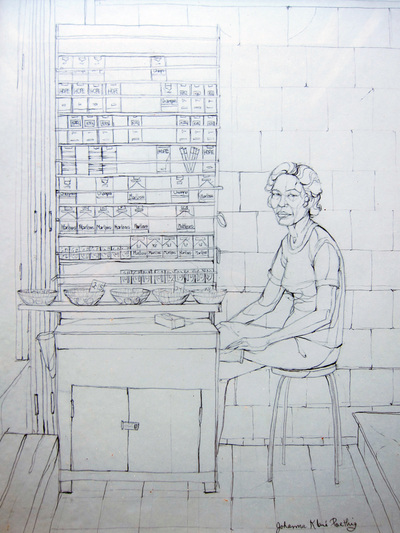
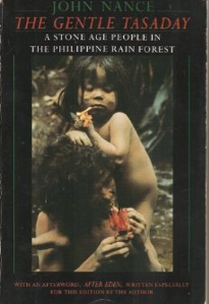
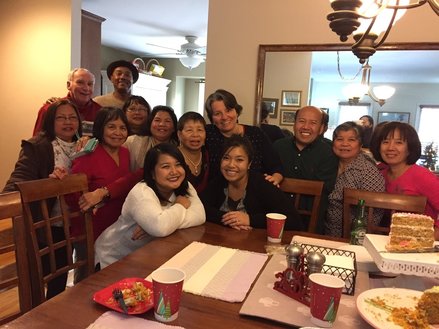
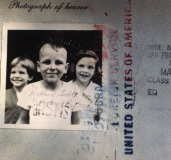
 RSS Feed
RSS Feed
